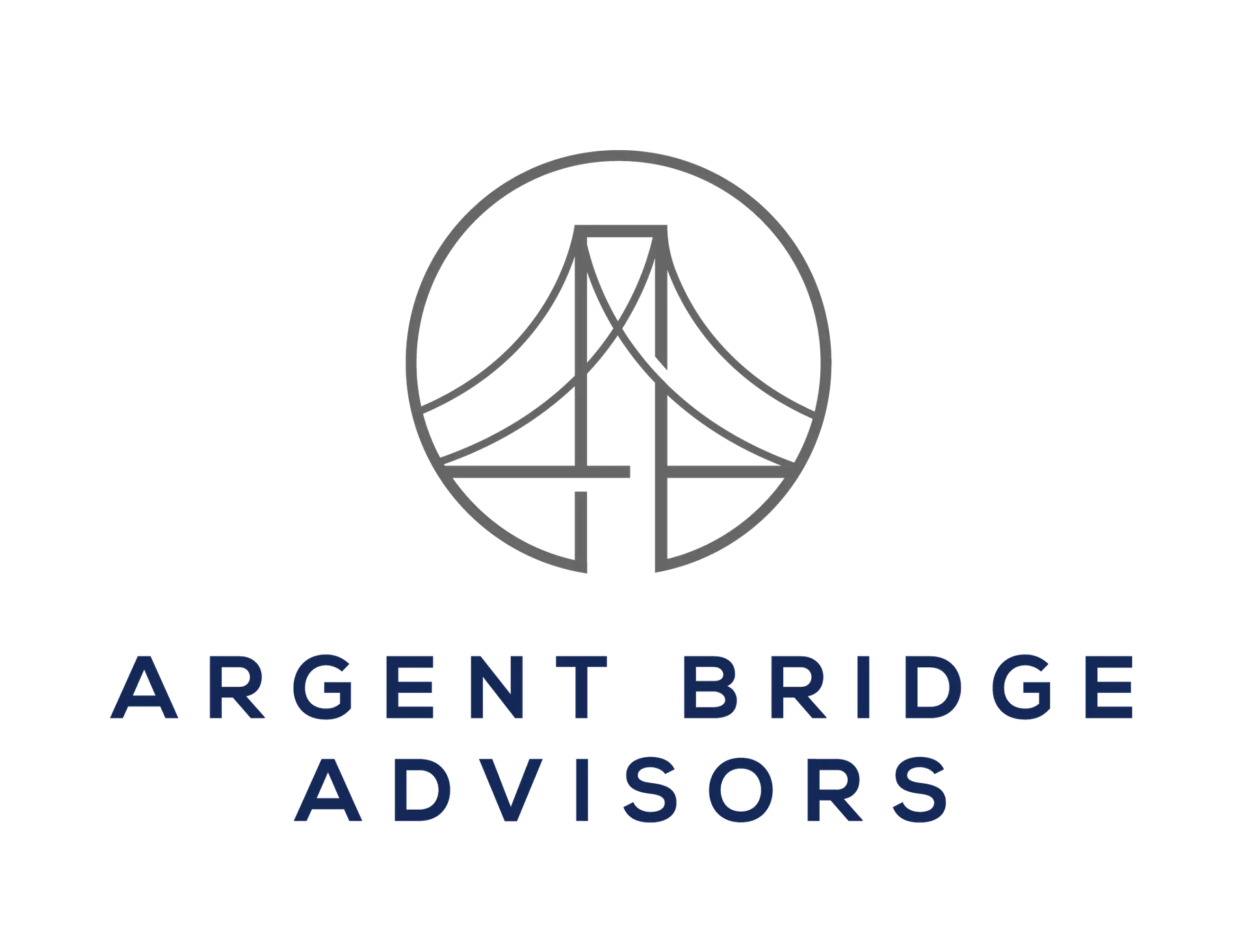Navigating Divorce with Grace: Harnessing Conflict Coaching for Effective Resolution
Divorce is a challenging journey that often involves complex emotions, legal intricacies, and significant life changes. While it is a process designed to bring closure to a marriage, the path to resolution can be fraught with tension and conflict. However, there’s a powerful tool that many individuals embarking on this journey may not be aware of – conflict coaching.
Understanding Conflict Coaching
Conflict coaching is a specialized form of coaching that focuses on empowering individuals to manage and navigate conflicts effectively. In the context of divorce, conflict coaching provides a structured and supportive environment for individuals to explore their emotions, identify their needs and interests, and develop effective communication and negotiation skills.
Key Benefits of Conflict Coaching in Divorce
Emotional Empowerment
Divorce often triggers a range of emotions, including anger, sadness, and fear. Conflict coaching helps individuals process these emotions, providing a safe space to express feelings and understand their root causes. By addressing emotional challenges, parties involved in a divorce can make more informed decisions and approach negotiations with a clearer mindset.
Improved Communication Skills
Effective communication is crucial during divorce proceedings. Conflict coaching teaches individuals how to express themselves assertively, listen actively, and respond empathetically. Improved communication fosters a more constructive dialogue between divorcing parties, reducing misunderstandings and promoting collaboration.
Conflict Resolution Strategies
Conflict coaching equips individuals with practical strategies for resolving disputes. This includes negotiation techniques, problem-solving skills, and the ability to find common ground. These tools can be invaluable in reaching mutually agreeable solutions, minimizing the need for costly and protracted legal battles.
Focus on Interests, Not Positions
Often, conflicts arise from positional bargaining – each party holding a rigid stance. Conflict coaching encourages individuals to focus on their underlying interests and needs rather than fixed positions. By understanding what truly matters to each party, divorcing couples can work together to find creative and customized solutions that meet both their needs.
Minimized Negative Impact on Children
Divorce can have a profound impact on children. Conflict coaching helps parents navigate co-parenting challenges, fostering a cooperative and supportive environment for their children. By reducing animosity and promoting effective communication, parents can better shield their children from the negative effects of divorce.
Conclusion:
Divorce is undoubtedly a difficult chapter, but it doesn’t have to be synonymous with prolonged conflict and emotional turmoil. Conflict coaching offers divorcing individuals the tools they need to navigate this challenging terrain with grace and resilience. By addressing emotions, improving communication, and fostering collaborative problem-solving, conflict coaching can pave the way for effective resolution, ultimately allowing individuals to move forward with their lives in a healthier and more positive manner. If you’re embarking on a divorce journey, consider exploring the transformative benefits of conflict coaching to turn the page on this chapter with empowerment and clarity.
By: Elina Cannon, CDFA®, CFA®




